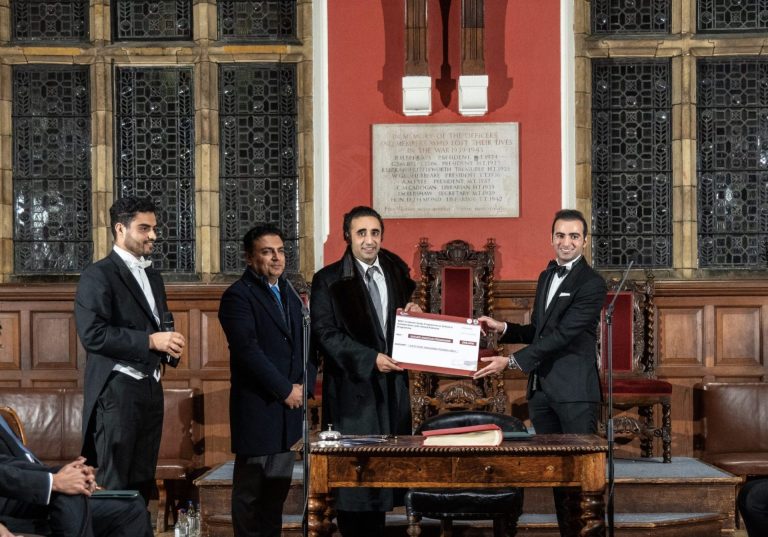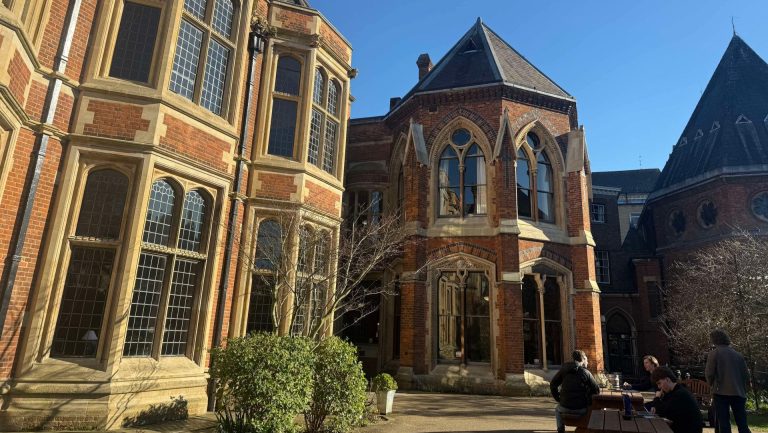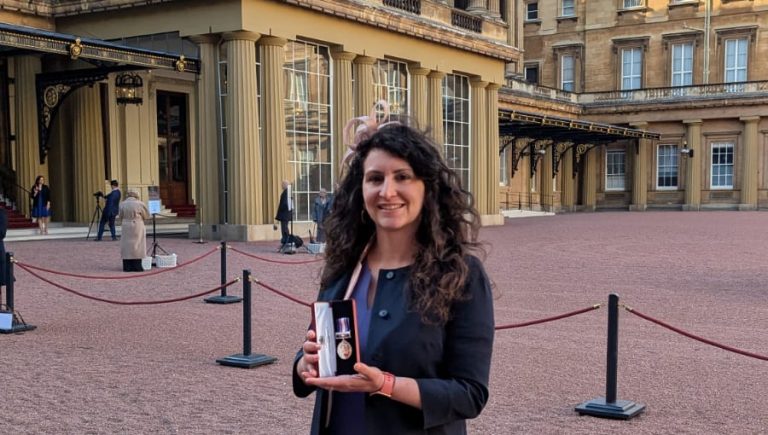Shakespeare is undoubtedly the most well renowned English playwright. Thus, the chance that the bard might have been strongly influenced by a woman, as early as the 17th century, would mean something truly radical, redefining how scholars read the dramatic canon and place women within its landscape. The influence of Æmelia Lanyer is something that has been debated and discussed, with scholars ranging from identifying her as the ‘Dark Lady’ to thinking her the real Shakespeare. But who was she, and what is the actual evidence?
But who was Lanyer? Lanyer was a pioneer in women’s writing. She was one of the first women to publish poetry in her own name, designed to attract patronage, and ‘Description of Cookeham’ was even one of the first country house poems.
She was brought up by an Italian-Jewish family of musicians, the Bassanos. After the death of Lanyer’s mother, it is suspected she became mistress to Baron Hunsdon, Lord Chamberlain of Elizabeth I. Her fairly liberal access to education, and musical ability, landed her in the charge of Llady Anne Clifford, daughter of Margaret Clifford, Countness of Cumberland. To enter this domestic sphere was to enter into sympathy with a woman fighting for economic autonomy – Margaret Clifford was in conflict with her husband, who wished to deprive his daughter of inheritance and neglect his financial duties towards his wife. Clifford acted as Lanyer’s patron, and thus ‘Description of Cookeham’ is dedicated to her.
So why is Lanyer so linked to Shakespeare? Lanyer’s affair with the Lord Chamberlain would likely have put her into contact with the Lord Chamberlain’s men, the most prolific Elizabethan playing company, which Shakespeare was a part of. This is why many suspect that Lanyer and Shakespeare had an affair, or at least met. But is there any textual evidence for such an encounter? Well, many have ascribed Shakespeare’s strikingly modern instances of female characterisation to Lanyer’s influence. Her namesake in Othello, Emilia, argues something very similar to Lanyer’s poem ‘Eves Apologie’: ‘I do think it is their husbands’ faults / If wives do fall’. As Emilia subverts the blame of women for poor behaviour, pinning it on the patriarch of the marriage, Lanyer asserts that Original Sin is not the fault of Eve, but of Adam, who had more agency as a man to exercise judgement, but transgressed anyway. It does seem idiosyncratic for a Renaissance man to write characters who make such radically subversive political statements. Furthermore, Shakespeare’s Bassanio, in The Merchant of Venice, sounds surprisingly similar to ‘Bassano’, Lanyer’s maiden name. This is certainly striking circumstantial evidence, and might suggest that Lanyer had influenced Shakespeare’s works, at least.
But many scholars identify the potentially negative social implications of attributing Shakespeare’s works to Lanyer. For a start, feminist scholars are concerned today that identifying Lanyer as the ‘Dark Lady’ takes attention from her own merit as a poetess. She becomes not a female pioneer, but merely a propellent of one of English dramatic history’s most famous men. Similarly, many believe that Lanyer was Shakespeare’s real identity because she had a background with courtly education, in fields such as Latin, which the Bard’s plays hold numerous references to. The assumption that Shakespeare could not have written his own plays, due to his yeoman status, has been decried as a fundamentally classist one. Many see Lanyer and Shakespeare as coincidental contemporaries, and argue there is no evidence that they had any close liaison, though they might have met. Has the history of English drama been corrupted by conspiracy theorists, who merely share a love of gossip and scandal?
Overall, there is certainly circumstantial evidence that Lanyer and Shakespeare are connected. Whether you believe that Lanyer is the Dark Lady, the real Shakespeare, or another figure entirely, what is clear is that she is a forgotten but truly radical poet. As many feminist critics have suggested, to understand more about Shakespeare and this great period of drama and sociopolitical thought, reading Lanyer is an informative and eye-opening experience. What is also clear is that theatre history can be an intensely political topic of conversation, and challenging what we think we know has striking social implications.











